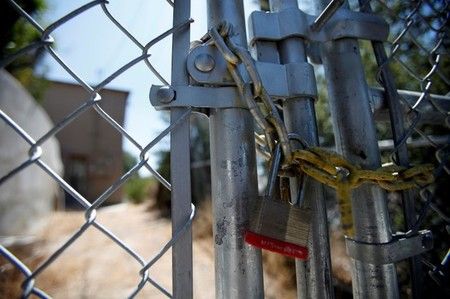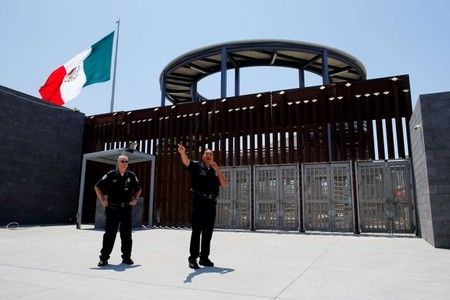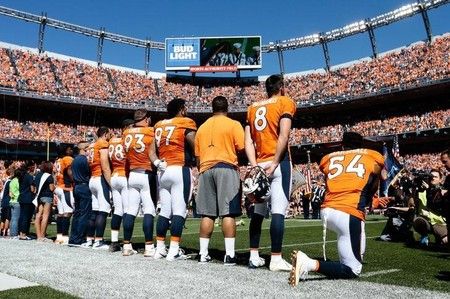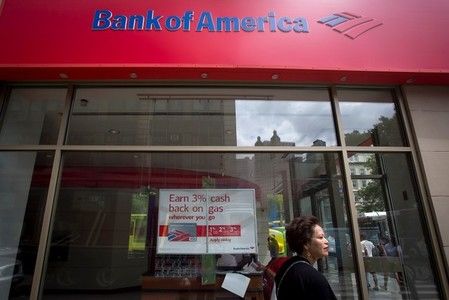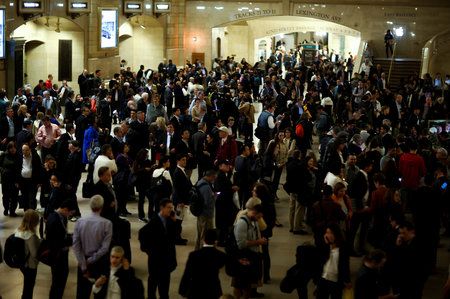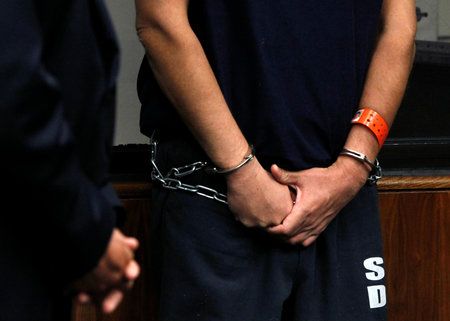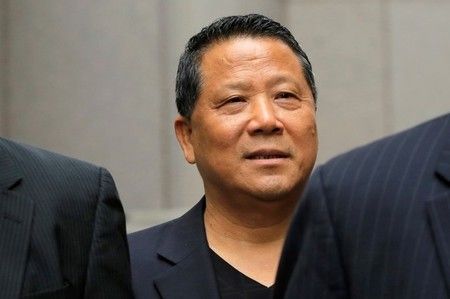Advertisement
Prosecutor removes herself from Chicago cop’s murder trial

By Fiona Ortiz
CHICAGO (Reuters) – Chicago’s top prosecutor removed herself from the murder trial of police officer Jason Van Dyke on Thursday and asked the judge to appoint a special prosecutor to handle the politically sensitive case, which set off protests last year.
Cook County State’s Attorney Anita Alvarez, who lost her re-election bid earlier this year in an uproar over her taking a year to charge Van Dyke, said a special prosecutor would mean fewer delays in the trial and ensure continuity after she leaves her job.
Van Dyke, a white police officer, is charged with first-degree murder in the October 2014 death of black 17-year-old Laquan McDonald, who was shot 16 times. Van Dyke is out on bail pending trial.
Alvarez made the motion at a hearing where Cook County Judge Vincent Gaughan had been scheduled to hear arguments regarding a petition by civil rights lawyers alleging that Alvarez was biased and asking that she be removed from the case.
“While there is no legal conflict of interest that would prevent the State’s Attorney’s Office from continuing the prosecution of this case, I believe that the results of the recent election and the impending transition of this office make this the best and most responsible decision,” Alvarez said in a statement.
The shooting came at a time of heightened national debate over policing, especially the use of deadly force against black men.
The shooting of McDonald was caught on patrol car dashboard camera videos that were released a year after he was killed. The incident sparked demonstrations and led to the firing of the police chief, a federal investigation of the police department and calls for Mayor Rahm Emanuel to resign.
Judge Gaughan set a date of June 2 to hear Alvarez’s motion to recuse herself.
Van Dyke’s lawyers asked that he be excused from attending all hearings in the case, saying he had received threats. Prosecutors noted that the last two times Van Dyke had appeared at court, there were no protesters outside. The judge said security plans were in place.
Chicago police typically shoot about 50 people a year, in both fatal and non-fatal incidents. More than 74 percent of those shot by Chicago police between 2008 and 2015 were black, while the city’s population is about one-third black.
Police shootings have fallen. In the first three months of this year, there were only four police shooting incidents, the lowest number for any quarter since at least 2007.
(Reporting by Fiona Ortiz; Editing by Phil Berlowitz and Dan Grebler)






